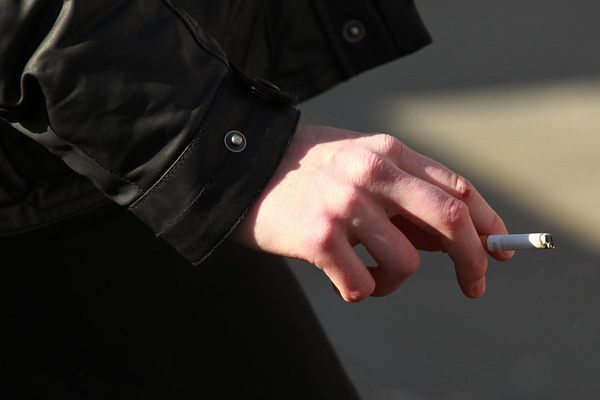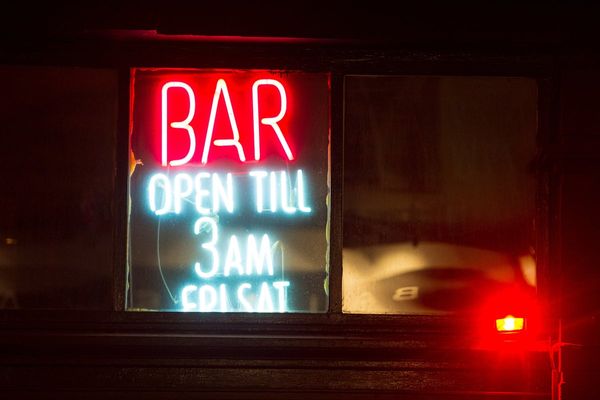
BMW driver Dries Vanthoor believes the German manufacturer needs to upgrade its LMDh car in order to be a consistent frontrunner in the World Endurance Championship in 2025.
The BMW M Hybrid V8 LMDh has achieved limited success since it made its debut in the IMSA SportsCar Championship in 2023, while an expansion to the Hypercar class of the WEC this year has also been only modestly fruitful.
BMW has so far been reluctant to make use of the so-called evo jokers on the M Hybrid V8, with motorsport boss Andreas Roos ruling out any updates for the foreseeable future at Le Mans 24 Hours in June.
However, Vanthoor believes there are some weaknesses which BMW needs to address over the winter in order to make the car more competitive in the WEC next year.
“I do think it's necessary [to use evo jokers] but we are using them wisely as we only have a few in the homologation of the car,” the Belgian told Motorsport.com ahead to the Fuji race, where he finished second along with team-mates Marco Wittmann and Raffaele Marciello.
“We just want to use them as best as we can. We really use them for the big aspects of our car.”
Prior to BMW’s breakthrough result in Japan, the WRT-run factory team had achieved a best finish of sixth at the Imola round of the championship in May.
Asked if he was confident about regularly fighting at the front next year if the BMW LMDh remained in its current specification, Vanthoor replied: “No, I do think we need some upgrades to be able to do that and that is what we have to work on now.

“Let's see which [upgrade] we have to do first but I do think we need to do that.
“The people who are working in those areas together with us as drivers, doing feedback back and forth, know well enough which areas we have to improve on and probably will go in that area.”
As with other LMDh and LMH manufacturers, BMW is allowed a total of five evo jokers over the initial five-year lifespan of the M Hybrid V8.
Not every change made to the car counts towards an evo joker, and manufacturers aren’t required to disclose the use of their allocation publicly.
In the WEC, evo jokers have to be applied for to the rulemakers, the Automobile Club de l’Ouest and the FIA, and are allowed at their discretion.
Vanthoor identified brakes as one area where BMW needs to work on over the winter to improve performance in race trim.
“We have had quite some brake issues the whole season,” the two-time Nurburgring 24 Hour winner revealed. “It's a big topic for us, which hurts us a lot especially in the races.
“I think on one lap in qualifying, you don't really feel this issue because nothing happens.

“But in the long run it always tends to hurt us a lot. This for sure is the top three of which we should do first. It will be one of them.”
BMW, however, maintains that it doesn’t need to use any evo jokers in order to improve its prospects in the WEC. Its motorsport chief Roos insists that there is a lot of untapped potential in the M Hybrid V8 that the team can extract before it can consider bringing any updates.
He said: “You see that we still make progress. When you see where we were in Qatar [in March] and where we are now getting, you clearly see that there is a lot of potential in the car.
“This is what I always said when there comes up a topic about jokers. As long as we don't extract the full potential of the car there is no need to take a joker.
“I still believe we have potential in the car which we still have to get out of it. As long as we can do this [there is no need for evo jokers]. We at the moment still have hard work to do and we will get better and better.”
BMW managed to follow up its podium at the Fuji WEC round with a 1-2 finish in the six-hour IMSA enduro at Indianapolis on 22 September.
It marked the second success for the German marque with the M Hybrid V8 after inheriting victory at Watkins Glen last year following disqualification for on-the-road winner Porsche.







